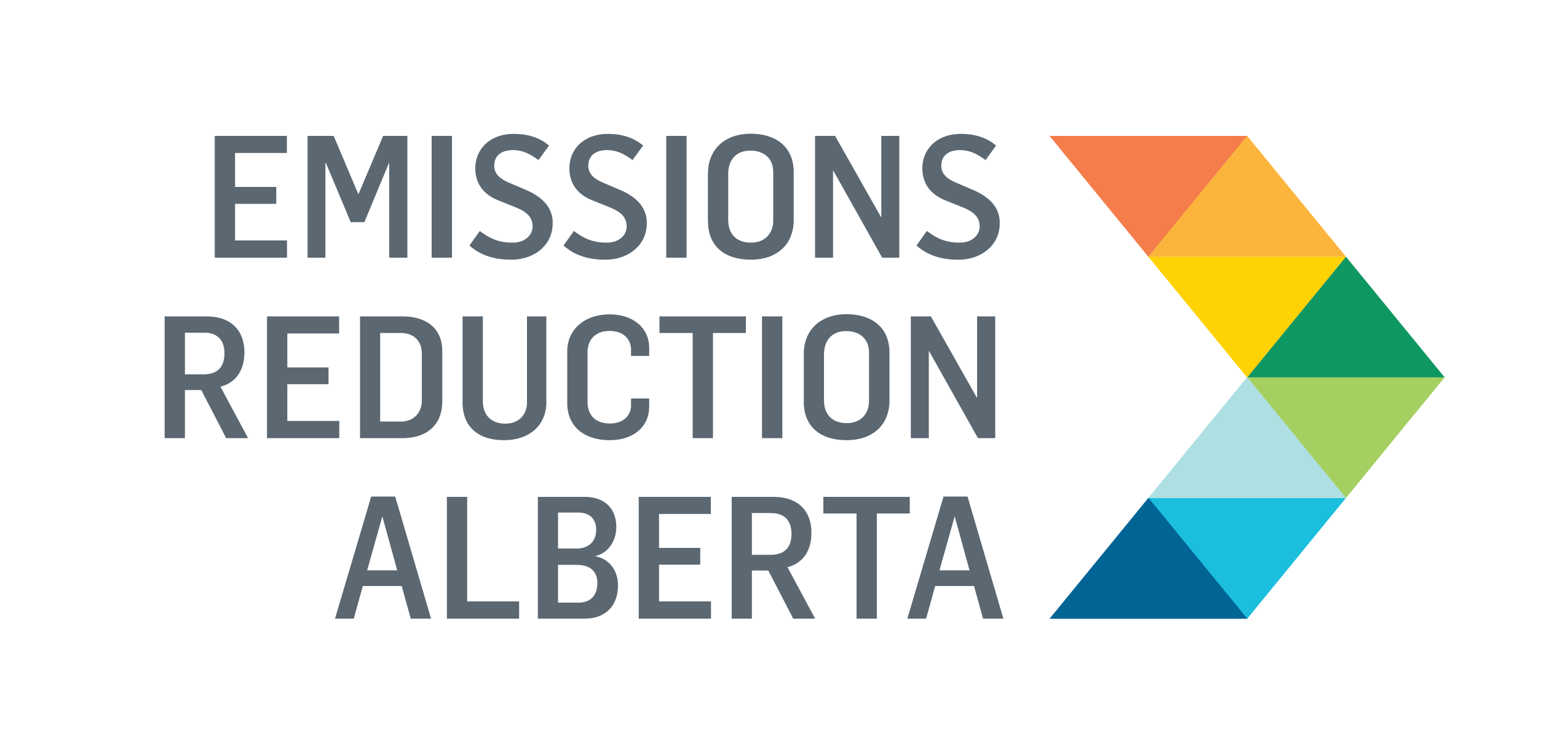Utilizing Novel Solvents for Efficient Carbon Capture
This project was funded in 2012 through Round 4: Carbon Capture plus Energy Technology to evaluate a proprietary solvent-based CO2 capture technology. Overall, the project aimed to reduce CO2 emissions and to capture CO2 for enhanced heavy oil recovery opportunities in Alberta and Saskatchewan.
While solvent-based systems for post-combustion CO2 capture are well known in the oil and gas industry, this project from Cenovus (formerly Husky) used a novel proprietary amine-based solvent developed by Delta Cleantech (formerly HTC) that offered potential performance advantages. Delta Cleantech also incorporated several novel design elements, such as high-efficiency packing and a simplified internal wash system, to lower overall costs and increase efficiency of the post-combustion CO2 capture process. Delta Cleantech’s proprietary solvents have the potential to reduce capital and operating costs for the post-combustion CO2 capture process at a commercial scale.
Challenges Informing Future Plant Designs
Several operational issues prevented a comprehensive study of the technology during the project. Despite the limited operational time, the CO2 capture project proved to be successful only during the short period of trial and captured a total of 1,933 tonnes of CO2. The project scope did not include sequestration, and so the CO2, once captured, was subsequently released.
The operational issues also provided valuable lessons learned. For example, there were three separate plant shutdowns due to the amine reboiler, a heat exchanger that provides energy to remove CO2 from the amine solution. The reboiler was replaced with a conventional reboiler because of these outages. Additionally, most piping and equipment in the plant were in “used” condition. While inspections were conducted for all major equipment and piping for the plant, there were several issues with the legacy equipment. This legacy equipment was proactively replaced due to integrity concerns. As a result of these incidents, Cenovus (formerly Husky) recommends that future plants use conventional gas-plant type design and new equipment to minimize the risk of damage and improve plant operability.
In addition to those issues, the piping at the plant was flushed with an improper cleaning agent, resulting in an audit of the plant’s integrity and the piping was replaced. This incident shows the importance of having subject matter experts available to ensure a proper understanding of solvent chemistry and degradation products, which are key in identifying root causes of operational process issues.
What’s next?
As mentioned, operational issues during the project prevent an in-depth analysis of the technology. As a result, Cenovus and Delta Cleantech did extensive follow-up work after the project was completed in 2017. Based on the outcome of the project and the resulting work, the technology was implemented commercially. Delta was also selected over several international competitors to design a pilot CO2 capture plant for the InnoTech/COSIA CARBON XPRIZE competition in 2021. The technology, called LCDesign®, was designed to meet cleanup targets and production capacity. As a result, Delta has become a leading competitor in the post-combustion CO2 capture market worldwide.
